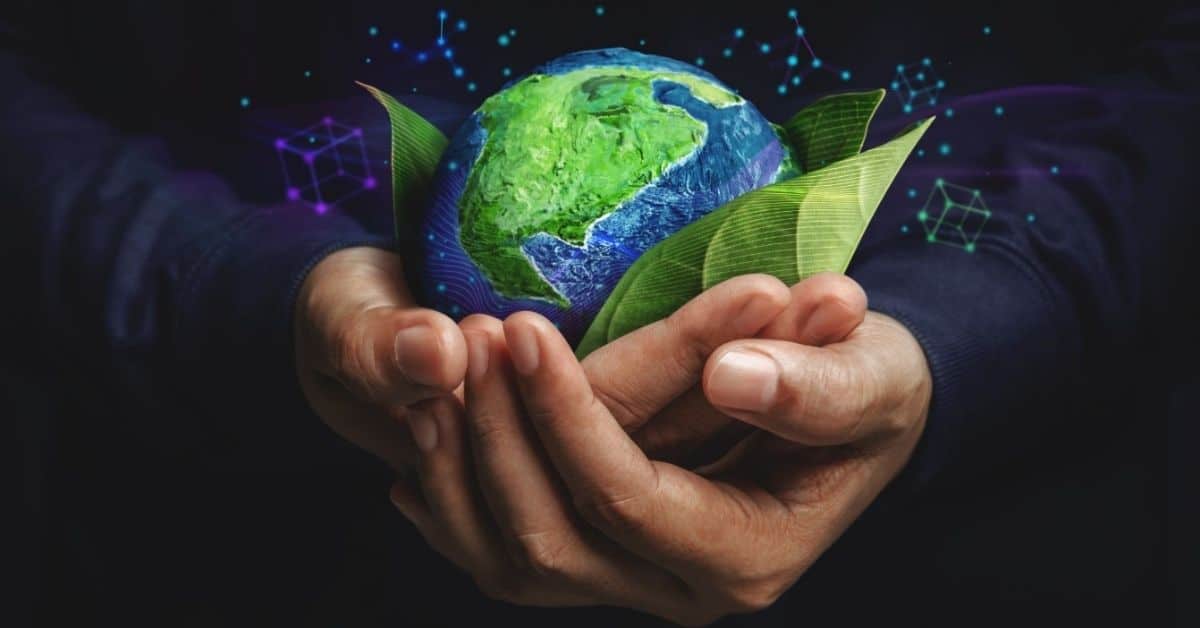
Ella Fitzgerald may have loved heatwaves, but it’s unlikely that view is being shared by many this month.
At least 86 Chinese cities have issued heat alerts, with some expecting unseasonal high temperatures of 40C (104F). Europe continues to swelter under the sun, especially Spain, which has already experienced the hottest May on record. A spokesperson for Aemet, the national meteorological office, has said: “The climate in Spain isn’t the one we used to know. It’s got more extreme.”
This high heat and humidity have damaging effects on workplaces as productivity drops off. They also exacerbate symptoms already suffering from mental-health conditions.
All this makes it ever more important to be better educated on environmental, social and governance (ESG) topics and how they affect your company’s future. Our ESG and Climate Designation and Certificate programs are the perfect place for you to get that knowledge.
1. Facing the “crisis multiplier”: The latest update by the United Nations (UN) on its Sustainable Developments Goals (SDGs) agenda makes sobering reading. The UN targets are now in “grave danger”, with the world overwhelmed by multiple, overlapping crises, including the COVID-19 pandemic, war in Ukraine, food shortages, millions of refugees and increasing poverty. All made worse by a fully fledged climate emergency, where carbon dioxide emissions grew 6% last year to their highest point ever recorded and global climate finance is $100 billion short of the annual commitment needed. Liu Zhenmin, UN Under-Secretary-General for Economic and Social Affairs, concludes his roadp map analysis: “The stakes could not be higher. If humanity is to survive, we must survive together, leaving no one behind.”
2. Fossil-fuels in the spotlight. A new analysis by the Oil and Gas Policy Tracker (OGPT) of the world’s top financial institutions has revealed that fewer than 4% of them have restrictions against expansion plans. This is despite publicly-voiced plans to address climate change and reduce carbon emissions, with some companies targeting a 50% reduction by 2030. Of the 369 global giants surveyed, more than two-thirds do not even have a policy around oil and gas. The OGBT analyses 369 companies, including banks, insurers and investors and is run by French climate-action Reclaim Finance and other nonprofit organizations.
3. Born to run. On, a Swiss athletic shoe manufacturer, has found an innovative way to play a part in the circular economy. On is selling its new Cloudneo shoe as a subscription product only. Customers pay a monthly fee, order new shoes when they have worn out when the current ones can take no more, then send that old pair back in the original packing. The shoes themselves are all made from a singular castor-bean-based plastic to make the recycling process simple. The concept should avoid old shoes ending up in piles in landfills. Let’s see if one of the bigger companies follow their lead, as the fast-fashion trend causes a large portion of the clothing industry’s environmental impact.
4. Raising red flags. The European Central Bank’s first climate stress report had some major causes of concern for Europe’s major banks. It estimated that a sudden jump in carbon prices, as well as droughts and flooding in certain areas, could lead to losses of more than €70 billion. This trip to the red zone does not factor in an economic downturn, which many experts are nervously anticipating later this year. The report also found that nearly 60% of banks do not have climate-risk considerations in their stress-testing frameworks. The report pinpointed why banks need to better define their long-term climate transition plans away from heavy greenhouse-gas emitting industries.
5. Greenwashing the skies. Dutch airline KLM is facing legal action by environmental groups over its 2019 Fly Responsibly advertising campaign. The groups, led by Fossielvrij NL, ClientEarth and Reclame.NL, claim the ads are misleading, creating a false impression that KLM’s carbon-offsetting scheme won’t make climate change worse. This is the first lawsuit around greenwashing in the airline industry. KLM’s campaign said that the airline was “creating a more sustainable future” by using CO2Zero, a carbon offset product that funds the purchase of biofuels and reforestation projects. However, the groups say that CO2Zero does not stop negative impacts on the environment. The lawsuit has been filed under the EU’s Unfair Consumer Practices Directive.
Mathew Loup is Competent Boards’ Director, Marketing & Communications. Follow Competent Boards on LinkedIn.
Back To News & Views